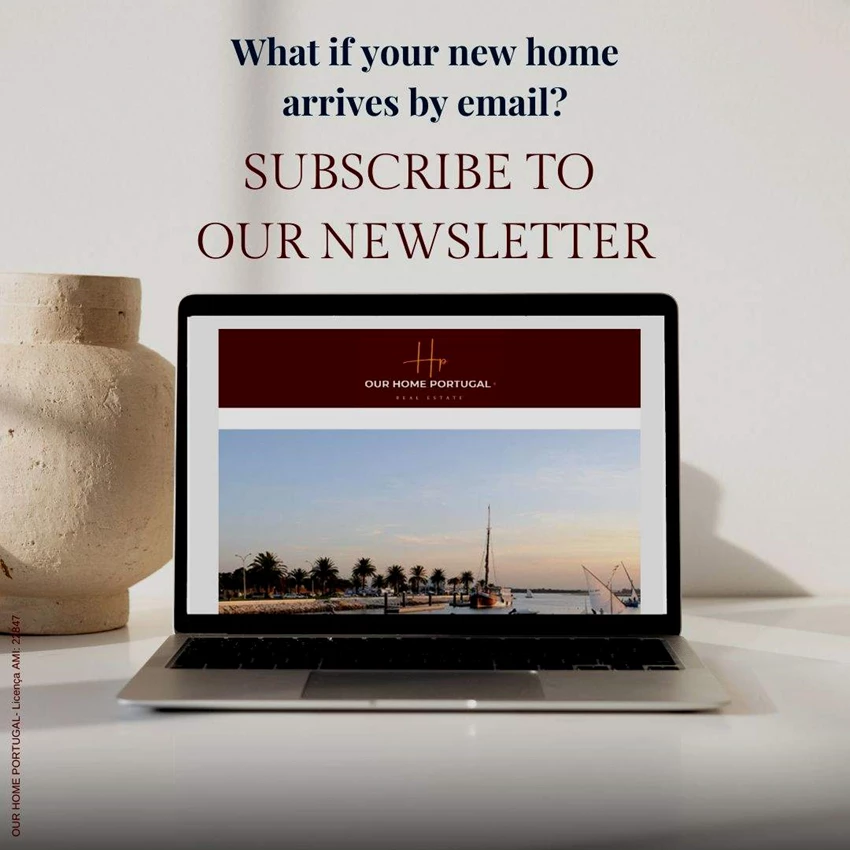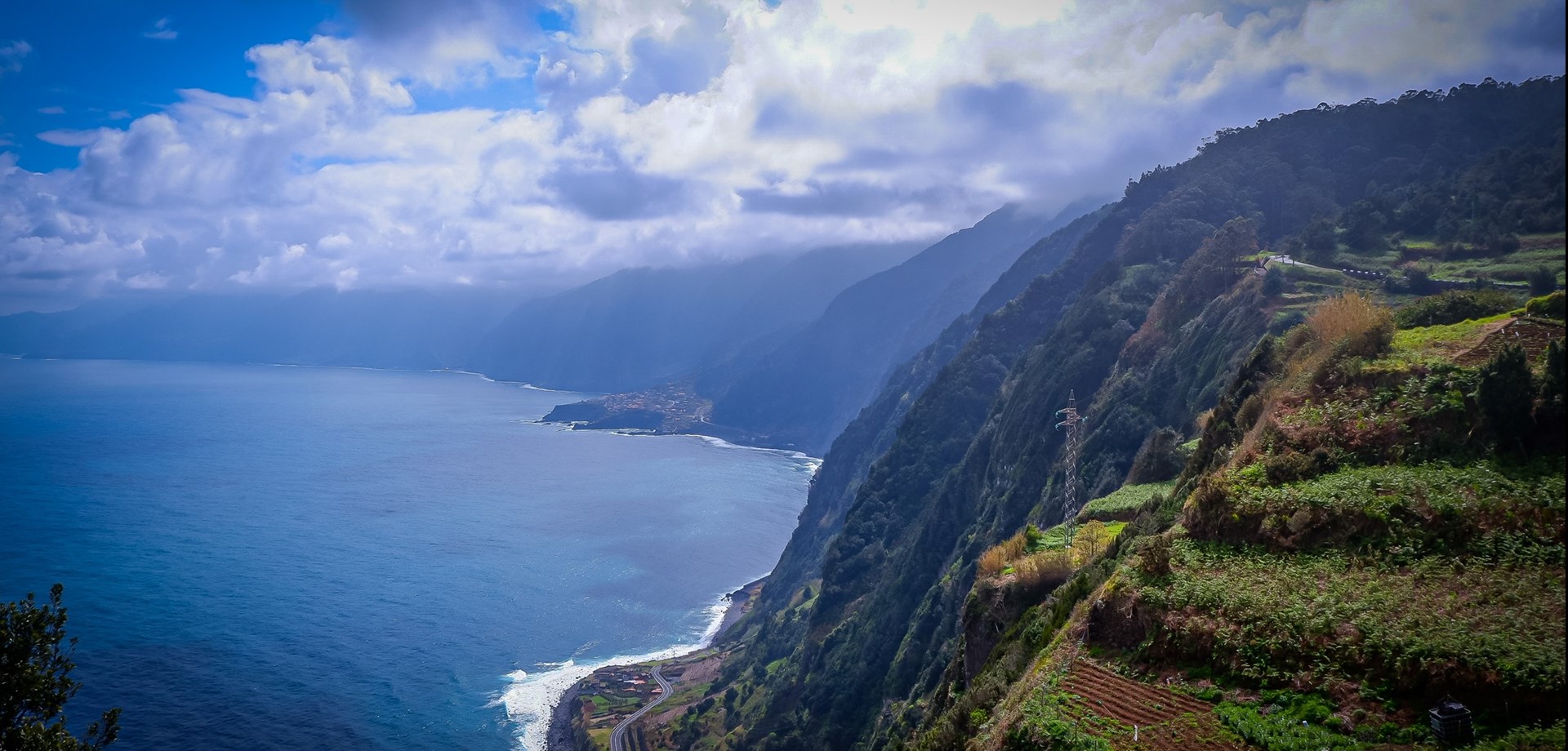Fourteenth-century records report the sighting of an island called "Legname", believed to be the island of Madeira, are contained in a letter from Dulcert from 1339 and a sketch of Medici in 1370, since the grove abounded on this Atlantic island. The discovery of the Madeira Archipelago arises in the course of a geostrategic maneuver of expansion of the Portuguese territory, the Catholic faith and development of the kingdom's economy.
This epic has as its beginning date the year 1415 with the conquest of the city of Ceuta. In the year 1418 is discovered the Island of Porto Santo and are sighted the other islands that would later be called the Archipelago of Madeira, being established the following year. The settlement of the island of Madeira was started around the year 1425, the first settlers were from the north of Portugal and the south, from the city of algarve.
Later the islands are given to Infante Dom Henrique, and established captaincies on the purview of Captains-donataries, the discoverers of the archipelago, João Gonçalves Zarco, with the captaincy of Funchal, Tristan Vaz Teixeira, with the captaincy of Machico and Bartolomeu Perestrelo, with the captaincy of Porto Santo.
The first productions and consequent exports made on the island were mainly wheat. Subsequently, sugar and wine were introduced. From 1470, the export of sugar becomes predominant, leaving wheat as an internal production for the population. giving entrance to Flemish art, liturgical tools and a lot of painting.
From the 17th century madeira wine begins to gain prominence in the maritime trade routes.
The Archipelago of Madeira has developed through agricultural production and as a mandatory stopping point on trade routes, with unique products in a unique environment, allowing nowadays to be a tourist spot of excellence.
The name of the city of Funchal derives from the plant Foeniculum vulgare, the fennel plant. Reports of the time indicate that when landing on the island the first vision was that of a dense valley in grove and fennel, an essential plant in gastronomy and regional sweetness.
Despite the abundance of fennel, it was the sugar that provided the formation of a sustainable economy in the city of Funchal and throughout the island. The wood wine succeeded to sugar, becoming today one of the ex-libris of the region.
Funchal was one of the first captaincies of the island of Madeira, having as captain donatário João Gonçalves Zarco - one of the main navigators who discovered the archipelago - which, in 1425, settles in the city with his family.
The development of Funchal allowed it to quickly move from autonomous parishes to the village and, later, to the municipality, being elevated to the city in 1508. In 1835, due to growth and the degree of prosperity, the city of Funchal developed to the limits it has today, being limited by the municipalities of Santana, Câmara de Lobos and Santa Cruz.
The city of Funchal has become a fundamental trading point in the centre of the Atlantic, allowing trade, culture and experiences. From this port in the Atlantic there are exports of regional products to the world, products appreciated to this day.
Funchal is unique for its diversity, from the sea to the mountains, from fruits to flowers and embroidery to basket cars, all influenced by its tropical climate, which allows unique productions and activities.



